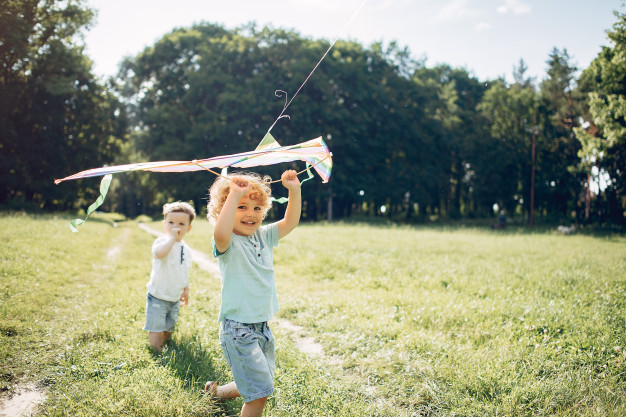By Hee Wai Che, Lecturer, School of Education, MPU and Language
Play is a basic essential remedy for young children in developing their growth and learning stages. Play can be categorized as indoor and outdoor play. Both of these will foster and support children’s healthy development. As a natural and compelling activity, play can promote cognitive, social, physical and emotional wellbeing, thereby offering all the necessary conditions where children can learn.
Through play, children can experiment with problem-solving skills, think creatively and learn to cooperate with others. Additionally, they can also gain a deeper knowledge and understanding about themselves or others in society. During their early ages, children have several opportunities and experiences for unstructured play. They can decide whether they want to do something or not. This will help children in gaining and promoting their positive self-esteem, autonomy and confidence levels at a very young age.
Outdoor play can be described as an open and constantly changing environment in fostering the children’s learning process by allowing them to experience freedom without any restrictions. In the open environment, the children are exposed to natural sunlight and all the natural elements. All these things can contribute to their bone development, instil a stronger immune system in their bodies and by promoting good health. These factors can help in reducing childhood obesity and diabetes.
The outdoor environment can serve as a unique stimulus because it can capture the children’s attention and interest during play. All-natural elements e.g. sticks, rocks, flowers, water, soil can help to stimulate the children’s curiosity as they learn. These elements can serve as open-ended materials that can respond to the children’s imagination. During this learning process, the children can reinvent and assign new meanings to objects as they learn. The use of natural elements in children’s play also creates a more sustainable strategy because they are easy to find, cheap and they do not have limited options compared to commercial toys.
During outdoor play, it is also important to capture the children’s attention in understanding and appreciating the nature of our environment. We can also guide our children in learning about diversity towards the natural environment as it supports them during their learning development. By implementing this, we, as educators, are developing their sense of discovery and enhancing their fascination towards the environment, thereby promoting a sense of belonging and familiarity towards nature through their thinking and actions.
Besides that, outdoor play may also promote education in its broadest sense. It can link and implement play activities in promoting mathematics, science and languages by integrating various teaching methodologies.
To conclude, outdoor play can have a positive impact on children’s health and development. It is important in promoting the necessary conditions for the development of children during the time they spend outside.

